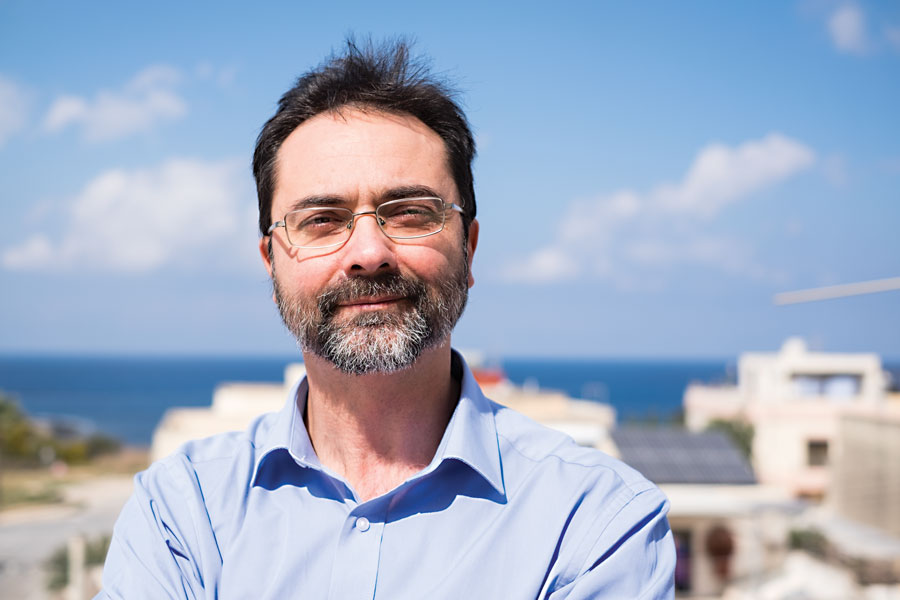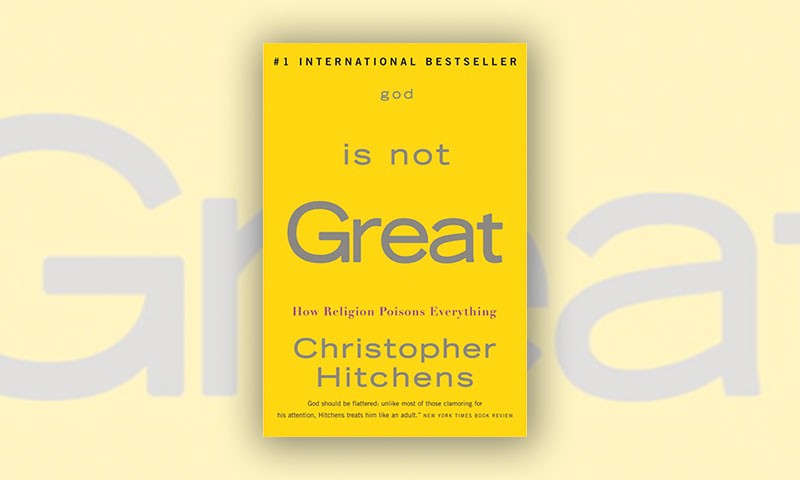I am often asked why Star Trek appeals to me and so many others. For me, the answer lies with its founder, the humanist Gene Roddenberry. Humanism is defined as ‘a faith in and commitment to shared humanity’.
Secular Humanism is not an ideology or fixed ethical system but a collection of general guidelines that should allow humanity to increase its knowledge to further its collective wellbeing. The philosophy seeks to establish moral principles that are independent of any mystical sources, though they remain conducive to the freedom and wellbeing of the populace based on ethical reasoning. The term Secular Humanism explicitly rejects the supernatural and the primacy of moral codes based solely on religious convictions. Secular Humanist philosophy offers an alternative to more traditional ethical and moral concepts.

Humanism is rooted in the oeuvre of the philosopher John Locke, who asserted that everyone has the natural right to ‘life, liberty, and property’ as well as in the work of philosopher Adam Smith, who addressed the importance of private property and free trade.
Star Trek’s brand of secular Humanism appeals to all since no deities are invoked. When people invoke God or gods this almost inevitably precipitates arguments on which religion is correct or true. Such conflicts are a principal source of past, present, and future contention.
Television aliens can be read as ciphers and metaphors for humanity. Humanism could be interpreted as a belief system that is a useful point of reference to explore human differences. The medium of science fiction combines these two, leading to open dialogue and self-insight to bridge the artificial gulfs that separate us as individuals and as races.
The Star Trek universe continues to offer ‘an alternative, liberal future that not only has eliminated poverty, racism, sexism, jingoism, and colonialism, but also challenges contemporary society to rectify such unacceptable states of affair’.
Star Trek, like other science fiction, has an unshakeable ‘belief in the liberating power of the imagination’ to optimistically create utopian worlds that help us realise ‘our limitations, and thereby to move beyond them toward a more inclusive awareness’ of humanity’s potential.


